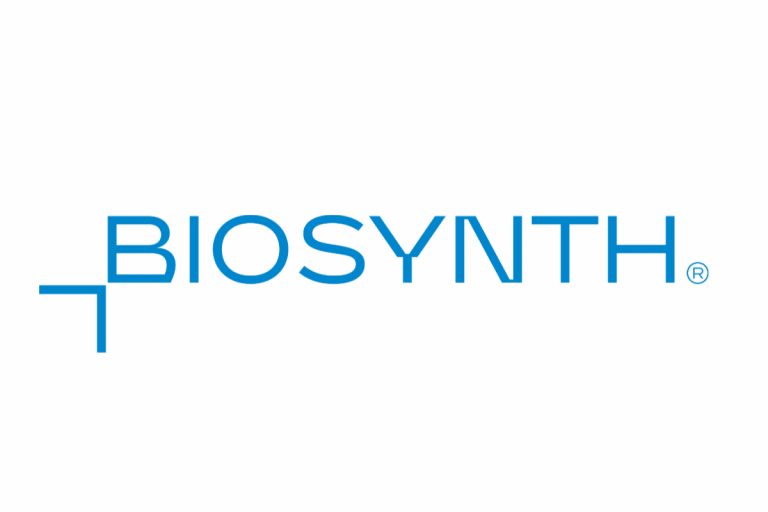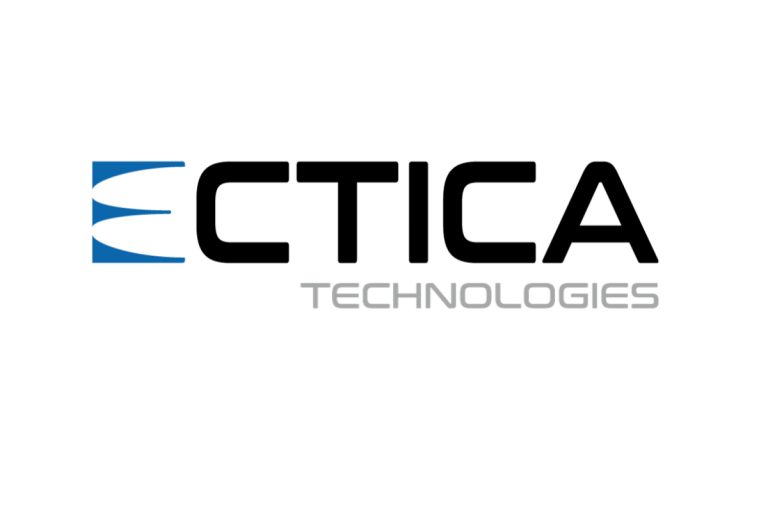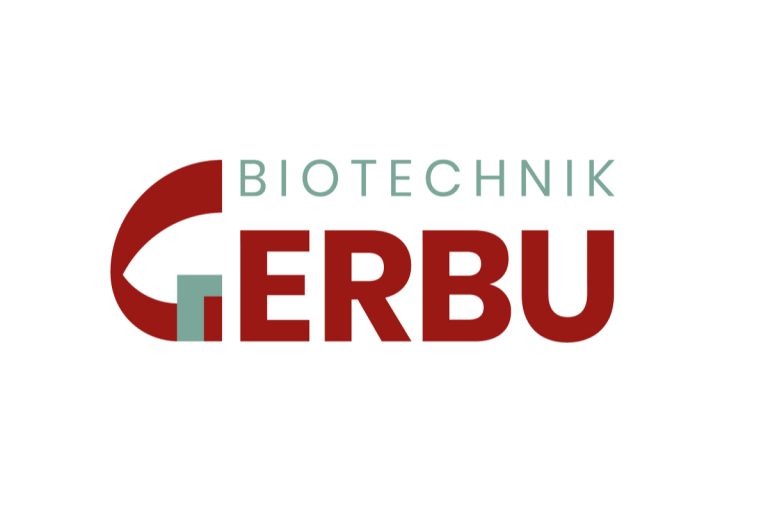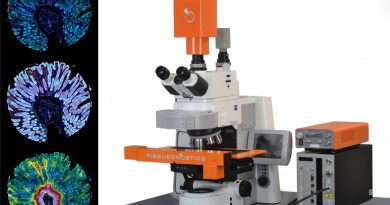Breaking Free from Commercial Limitations with Custom Chemical Synthesis
In the vast landscape of pharmaceutical research and development, one significant challenge that researchers face is the availability of suitable compounds for their studies. Commercially available compounds often come with limitations, either due to their unavailability or patent protection. However, custom chemical synthesis has emerged as a game-changer, offering a solution that breaks free from these commercial limitations. By enabling the creation of unique compounds tailored to specific needs, custom synthesis opens up a world of possibilities for pharmaceutical companies, allowing them to explore new therapeutic targets and develop innovative drug candidates.
Accessing Novel and Diverse Chemical Structures
One of the primary advantages of custom chemical synthesis is the ability to access novel and diverse chemical structures that are not commercially available or patented. Pharmaceutical researchers constantly strive to explore new chemical space and target new biological pathways in their quest for breakthrough therapies. By harnessing custom synthesis, they can design and produce compounds that possess unique chemical structures, offering the potential for exciting and unexplored therapeutic avenues. This opens up a wealth of opportunities for drug discovery and development, enabling researchers to push the boundaries of innovation.
Overcoming Supply Chain Issues
Another significant benefit of custom chemical synthesis is its potential to overcome supply chain issues that plague the pharmaceutical industry. Supply chain disruptions, such as shortages, delays, or quality problems with commercially available compounds, can significantly hinder research and development efforts. Custom synthesis provides a reliable and flexible solution by serving as a source of custom-made compounds. Pharmaceutical companies can work with specialized contract research organizations (CROs) or contract development and manufacturing organizations (CDMOs) to create the compounds they need on-demand, ensuring a consistent and uninterrupted supply. This flexibility not only accelerates the drug development process but also mitigates the risks associated with supply chain disruptions.
Optimizing Intellectual Property Protection and Confidentiality
Intellectual property protection is of utmost importance in the competitive pharmaceutical industry. Custom chemical synthesis empowers pharmaceutical companies to optimize their intellectual property protection and maintain confidentiality. By leveraging custom synthesis services, companies can avoid disclosing their proprietary structures or synthetic routes to third parties. This ensures that their unique compounds remain protected and guarded, giving them a competitive edge in the market. By controlling the synthesis process internally or through trusted partners, pharmaceutical companies can safeguard their valuable intellectual property and maintain a strong position in the industry.
Accelerating Drug Discovery and Development
Custom chemical synthesis plays a vital role in accelerating drug discovery and development processes. By breaking free from the limitations of commercially available compounds, researchers can create tailor-made molecules that meet their specific needs. This approach reduces the time and resources spent on searching for suitable compounds and allows researchers to focus on exploring new therapeutic possibilities. The efficiency gained through custom synthesis can expedite the identification of lead compounds, optimization of pharmacological properties, and preclinical evaluation, ultimately accelerating the path to clinical trials and commercialization.
Collaboration and Expertise
The success of custom chemical synthesis relies on collaboration and the expertise offered by specialized CROs and CDMOs. These organizations possess a deep understanding of organic synthesis, medicinal chemistry, and regulatory requirements. By partnering with these experts, pharmaceutical companies can tap into their knowledge and experience, leveraging their capabilities to design and produce the desired compounds efficiently. This collaboration fosters innovation and enables companies to navigate the complexities of custom synthesis with confidence.
Chemical Synthesis Approach
Remdesivir: Gilead Sciences synthesized Remdesivir using a custom chemical synthesis approach. This antiviral drug gained prominence for its potential in treating COVID-19 and other viral infections. The synthesis involved multiple steps, including the synthesis of a vital intermediate, coupling it with a nucleoside, and the addition of a phosphate group. Remdesivir was approved by the FDA for the treatment of COVID-19 in adults and pediatric patients aged ≥28 days and weighing ≥3 kg on October 22, 2020, based on the results of three phase 3 clinical trials.
Baloxavir marboxil: Shionogi and Roche collaborated to create Baloxavir marboxil, an antiviral drug used for influenza treatment. Employing custom chemical synthesis, researchers developed this compound through a series of steps. These included the synthesis of a carboxylic acid derivative, the coupling of the derivative with a cyclohexene derivative, and the subsequent esterification. Baloxavir marboxil was approved by the FDA for the treatment of acute uncomplicated influenza in patients aged ≥12 years who have been symptomatic for no more than 48 hours on October 24, 2018, based on the results of two phase 3 clinical trials.
Tafenoquine: GlaxoSmithKline and Medicines for Malaria Venture utilised custom chemical synthesis to produce Tafenoquine, an antimalarial drug. This synthesis involved various intricate steps, such as synthesizing a quinoline derivative, brominating the derivative, and substituting the bromine with an amino group. Tafenoquine was approved by the FDA for the radical cure (prevention of relapse) of Plasmodium vivax malaria in patients aged ≥16 years who are receiving chloroquine for acute P. vivax infection on July 20, 2018, based on the results of three phase 3 clinical trials.
Siponimod: Developed by Novartis for the treatment of multiple sclerosis, Siponimod is a sphingosine-1-phosphate receptor modulator. The drug was synthesized using a customized chemical synthesis approach, which encompassed several steps. These included synthesizing a pyridine derivative, coupling it with a cyclohexane derivative, and subsequently oxidizing the resulting product. Siponimod received FDA approval in 2019, showcasing the successful application of custom chemical synthesis in pharmaceutical innovation.
Niraparib: Tesaro developed Niraparib as a poly(ADP-ribose) polymerase (PARP) inhibitor for ovarian cancer treatment. Custom chemical synthesis played a vital role in the creation of this drug. The synthesis process involved multiple steps, such as synthesizing a benzylamine derivative, coupling it with a pyrazole derivative, and cyclizing the resulting product. The FDA approved Niraparib in 2017, highlighting the effectiveness of custom synthesis in the development of targeted therapies.
Empowering Pharma Companies
Custom chemical synthesis empowers pharmaceutical companies to break free from the commercial limitations that often hinder drug discovery and development. By accessing novel chemical structures, overcoming supply chain issues, optimizing intellectual property protection, and accelerating the development process, custom synthesis opens up new frontiers of possibility. Collaborating with specialized CROs and CDMOs, pharmaceutical researchers can unleash the full potential of custom chemical synthesis, driving innovation and revolutionizing the industry. As this field continues to evolve, custom synthesis will undoubtedly remain a key driver in shaping the future of pharmaceutical discovery and the development of life-changing therapies.
Recommended Companies
More Headlines








